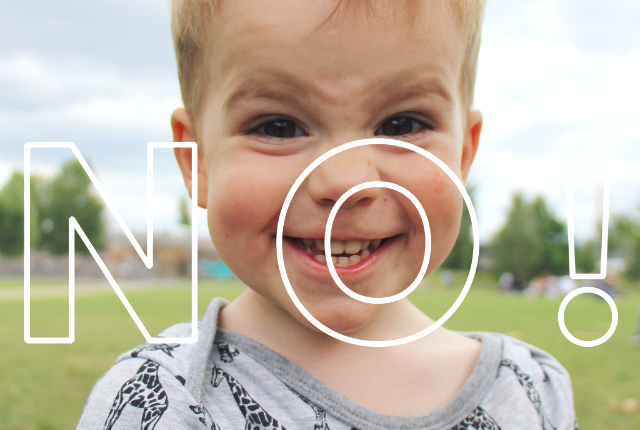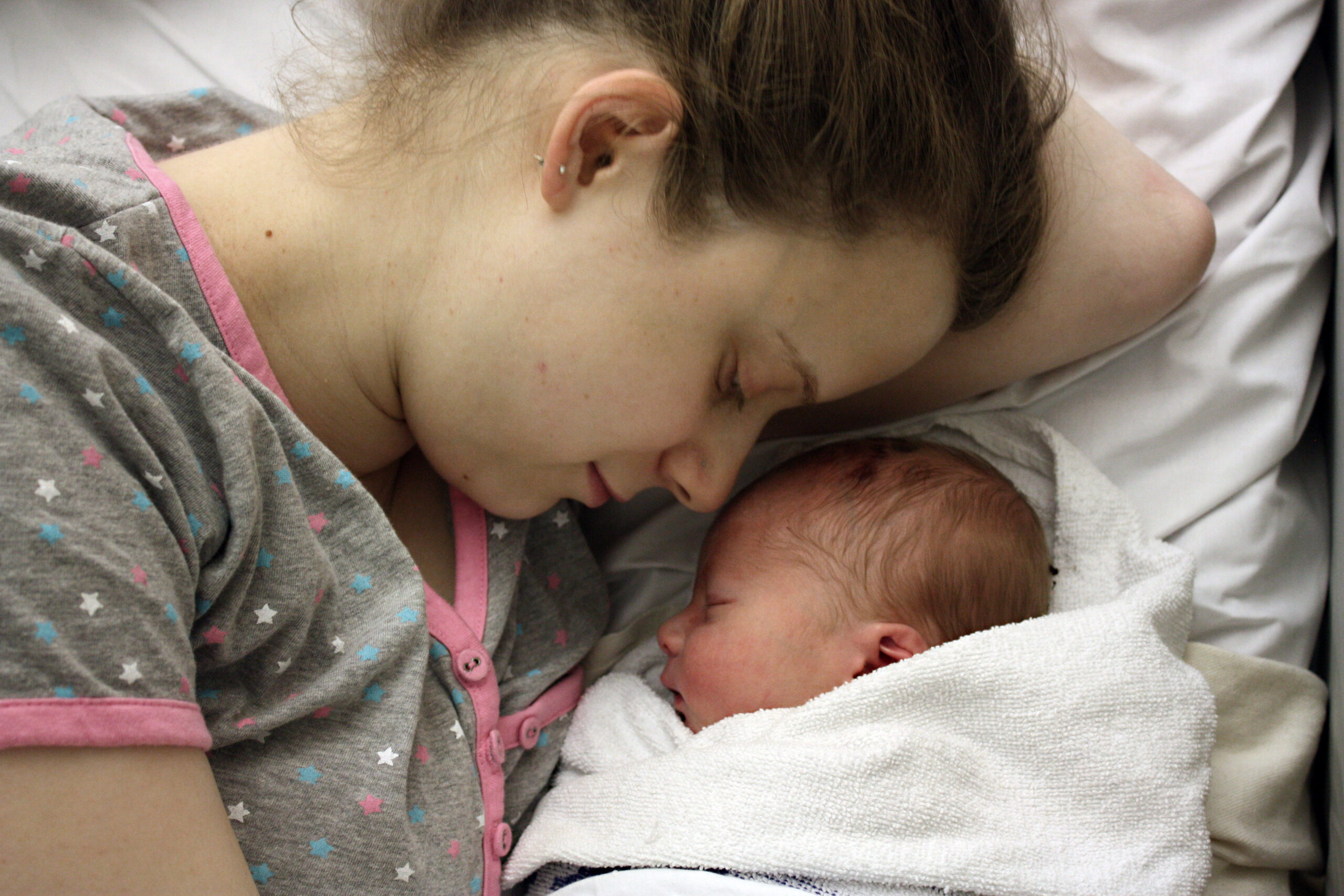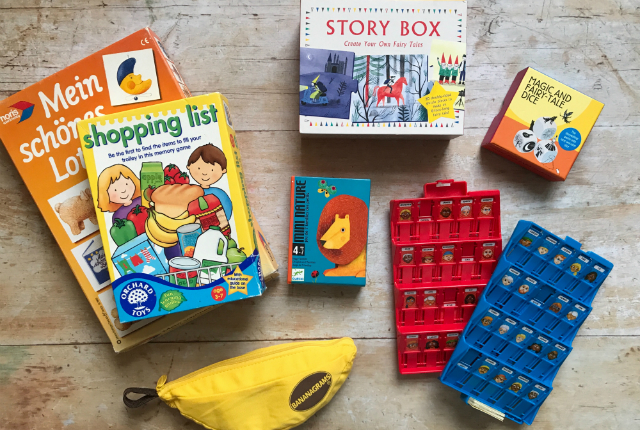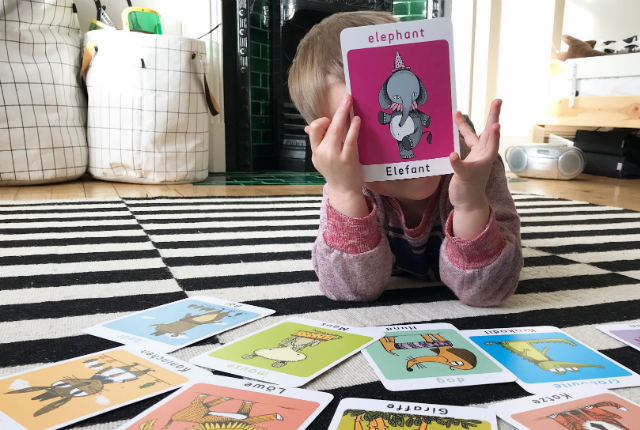
When Bilingual Kids Go on Language Strike – 6 Do’s and Don’ts
We have been back in Edinburgh for just over half a year now, and since today is International Mother Language Day, I wanted to share an update on how we are doing bringing up our kids with two languages. I’ve written before, about how we started out with the ‘one parent one language’ model (OPOL) when our first son, Oskar, was born – me speaking German with him, my husband speaking English – but then switched to a ‘minority language at home’ approach after moving to Berlin, speaking only English at home, with the kids going to German nurseries and school. I also mentioned how I was not very good at being consistent, and switched languages a lot with the boys and spoke English with them a lot of the rest of the time too, something which is often frowned upon by other bilingual parents or self-proclaimed experts, but which worked very well for us. And I absolutely stand by what I said back then. At that time and in that situation, it worked for us. But fast forward a year and things have changed. We have moved countries yet again, and the amount of German the boys are exposed to in Edinburgh, is a lot less than the amount of English they were exposed to in Berlin. So it made sense to switch back to the OPOL approach, which meant me speaking to them exclusively in German again. We had done it before, so I thought it would be an easy switch to make, but I was wrong.

Firstly, I needed to rewire my own brain, and remember not to fall in to the familiar English all the time. And secondly, I hadn’t factored in the resistance I met from my kids. Oskar, who is now 7, kept falling in to English out of habit, though when reminded would switch to German. Mr Fox however, who is now 3, simply just refused to speak German. I knew he could understand every word I said by the way he reacted and responded to me, he just refused to speak, answer or repeat anything in German. I can’t say I blame him: new country, new house, new nursery, and mummy suddenly speaking a ‘new’ language all the time – this was his way of maintaining some form of control (not helped by the fact that he is enormously stubborn). The cheeky defiant grin he gives me, when I ask him to speak to me in German and he tells me “No!”, says it all. So what to do, when your children go on ‘language strike’ and refuse to speak one of their native languages? Here are some of tips, on how we have been handling it:
DO be consistent
I feel a bit of a hypocrite, telling you that the most important thing is to be consistent when previously I openly admitted to being just the opposite, but the deciding factor here is to find what works for you. Previously, it did work for us, and I stand by what I said back then. But now the situation has changed, as most of the time I am the only native German speaker they are exposed to, and we are finding being consistent more effective. The hardest bit I found, was rewiring my own brain, because I was so used to speaking English at home. Luckily my husband, although not a native speaker, speaks very good conversational German so I don’t feel like we are excluding him if we chat away in German. He also has full permission to nag me, and to remind me to stick to ‘Deutsch bitte!’ with the boys. One thing that really helped me, was having my mum come to visit for two weeks. She also speaks and understands English, but we talked in German the whole time, and it really helped pull my brain out of the English ‘rut’ it had fallen in to.
DO be patient
It’s not always easy keeping your cool, when you know your child is perfectly capable of doing what you are asking (e.g. speaking to me in German), but point blank refuses to. Pressuring them or getting angry isn’t going to help, it’s probably just going to make them clamp up even more. There were a lot of changes going on for the kids last summer, and I realised I had to give it time and let them do it on their own terms. My 3 year old still speaks English most of the time, but gradually the German has started creeping in. It started with him adding German words here and there, in to his English sentences, like ‘Bitte’ (please) and ‘Danke’ (thank you). A typical phrase at dinner time would be “Please can I have some Milch bitte.” Then he started to have certain phrases that he would only say in German, e.g. “Kalte Hände!” (cold hands) when I’m getting him dressed. Recently he has started repeating whole sentences back to me, when I’m talking to him in German, like he is trying to internalise them. And then just this morning, he bounced up to me and – totally unprompted – said to me in German “Mama, ich mag dich lieb!” which is a mash up of “ich mag dich” (I like you) and “ich hab dich lieb” (I love you). I totally forgave him that it was only 6am!
DO be confident
Being consistent means speaking German to my boys ALL the time, even when we are out and about, and that requires a little dose of confidence. Speaking a different language from everyone around you attracts attention, and understandably can make some people feel anxious – especially in these sad times, when the news are rife with stories of racist and xenophobia incidents of people being verbally or physically abused, and shouted at to “go home!” It’s very tempting to slip in to the other language, to blend in. Luckily, we have never encountered any negativity in Scotland so far, when speaking German while we are out.
DON’T expect too much at once
When you have been making big changes in your family, don’t expect miracles over night. When we first made the switch back to OPOL, we were expecting our then 2.5 year old, whose speech was even still developing in his dominant language English, to suddenly speak long sentences in German. So, for example, he would say “Please can I have a glass of milk” and we would say no, it’s “Bitte kann ich ein Glas Milch haben”. He just clamped up. So we wheeled things back a bit and started small, with just “Milch, bitte.” This proved a much better approach, and his sentences have started growing since then.
DON’T be too hard on yourself
If you feel like you are not making much progress, or find you keep slipping in to the ‘wrong’ language, don’t give yourself a hard time. Just keep reminding yourself that you are giving your kids an amazing opportunity by letting them grow up with more than one language, and that the hard work will eventually pay off. When I consider how little German my 3 year old still speaks, I often feel disheartened. But then I look back to where we were with him six months ago, and realise we’ve actually come quite a long way. Progress has been slow, but gradual. So remember to celebrate the small successes.
DON’T give up!
Most important of all, don’t give up! I went to school in Scotland with a girl whose mother was German, who hadn’t spoken any German with her kids at all. When they were older, both her and the kids regretted the missed opportunity. So even if it feels like a hard slog at times, I promise you it will be worth it!







Andrea
Well done you! I too have issues with consistency. It can be challenging for some of us to be consistent anyway. I can imagine the added layer of challenges posed by moving countries. All the best!
Beth @ BethinaBox.com
I agree with the don’t give up. My children are bilingual, English-Welsh. I speak a little welsh but their skill has far outreached mine. They are fluent in both languages. We speak English at home but they only speak Welsh in school. I do encourage them to hold Welsh conversations between themselves.
Ami Elizabeth
A few friends of mine are billignual and I am in absolute awe of them each time they can just transition from one language to another without a thought. I think it’s such a gift to offer children the opportunity to learn both and so lovely that you can continue to do so despite moving.
Rhian Westbury
I think it’s great that you’re bringing up your kids as bilingual as it’s going to help them so much, but you’re right you need to be consistent and patient x
George Foster
Being bilingual is a huge talent; I still struggle to speak English properly haha!
Deb
I really struggle with learning languages I’d love for my boys to be bi-lingual.
Stephanie
A great skill for them to learn and well done for sticking with it
Chloe Ciliberto
Definitely don’t give up. He’ll be so grateful to be fluent in both languages when he’s older. My papa is italian and I so wish I was taught when I was younger. I can barely say a sentence which is so sad. I hope he comes around for you soon! :)
Ondo Lady
My mum speaks three languages; two Nigerian ones and English. When I was growing up she always spoke her native language to my Dad and her friends. She also spoke those native languages to me and my brother along with English. I think kids learn different languages easily – you should certainly keep at it. It will be worth it in the end.
Laura
It’s so great that you’re bringing up your children to be fluent in both languages-this will help them so much when they’re older. It’s fascinating reading about how you’re doing it.
Nigel William
Great article! Would you recommend enrolling a kid in a second language school?
Donna Green
My 15 year old went to the Gaelic medium primary school in Edinburgh, which is where his 6 year old sister currently is. He has always steadfastly refused to speak any Gaelic at home whatsoever, which I’ve always found really disappointing … Unfortunately my Gaelic isn’t fluent enough to insist on the the 100% rule, and we’ve just floundered through the years. He’s doing Gaelic in high school but feels “it’s for weirdos” and is desperate to give it up – I’m gutted by his attitude and can only hope his little sister fares better with it.
Gitta Vernon
Danke, Jenni
Ich habe dieselbe Erfahrung mit meinen jetzt erwachsenen Kindern gemacht, dasselbe mit meinen Enkeln… gute Vorschläge, die ich auch durchgeführt habe und immer noch mache… konsequent sein, egal, wo man sich gerade aufhält… ich rede nur auf Deutsch mit meinen beiden Enkeln hier in Edinburgh… auch wenn Englisch zum großen Teil dominant geworden ist, habe ich die Grundlagen gelegt. Beide verstehen, was ich sage…